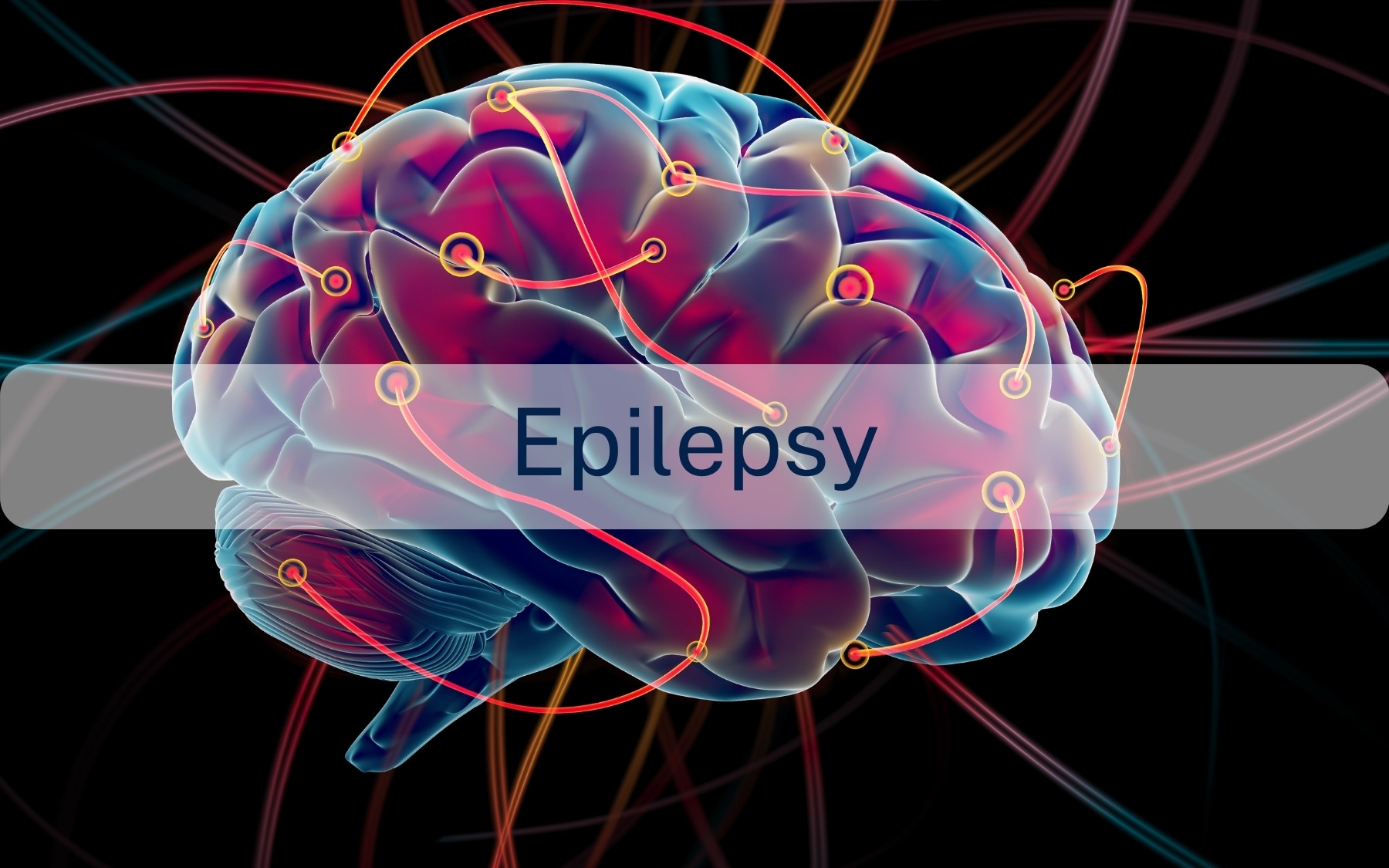Epilepsy, a neurological disorder characterized by recurrent seizures, affects millions of people worldwide, including children. When a child is diagnosed with epilepsy, it impacts not only their life but also the entire family. Managing the emotional, medical, and social aspects of epilepsy can be a complex journey. Here, we explore how epilepsy affects both children and their families, and how families can navigate these challenges.
- Impact on Children:
Physical Health and Safety:
The primary concern for children with epilepsy is their physical health and safety. Seizures can occur unexpectedly, leading to falls or injuries. Some children may need to avoid certain activities like swimming or climbing due to the risk of seizures, which can limit their ability to participate fully in typical childhood experiences.
Cognitive and Developmental Delays:
Epilepsy and its treatment can sometimes affect a child’s cognitive development, especially if seizures are frequent or not well-controlled. Some children may experience learning difficulties, attention problems, or memory issues, which can hinder academic progress. Additionally, the medications used to control seizures might cause side effects, such as drowsiness or difficulty concentrating.
Emotional and Social Well-being:
The unpredictability of seizures can lead to anxiety and fear for both the child and their peers. Children with epilepsy may struggle with self-esteem, especially if they feel different from their classmates. They may also face social stigma or bullying, which can make forming friendships more challenging. Feeling isolated or excluded is a common experience for children with epilepsy.
- Impact on Family Life:
Emotional Stress:
A child’s diagnosis of epilepsy can bring significant emotional stress to the family. Parents often experience feelings of fear, guilt, and helplessness. They may constantly worry about their child’s well-being, fearing when the next seizure might occur. Siblings might feel neglected or anxious as parents focus on the needs of the child with epilepsy. Balancing the emotional needs of all family members can be a delicate and ongoing process.
Financial Strain:
The costs associated with epilepsy, including doctor visits, medications, hospital stays, and possibly therapy, can place a financial strain on families. Some parents may also need to take time off work to care for their child, which can further impact the family’s financial situation.
Changes in Daily Routine:
Epilepsy often requires a strict adherence to medication schedules and lifestyle adjustments, such as ensuring the child gets enough sleep and avoids known seizure triggers. Families may need to be constantly vigilant, altering their daily routines to accommodate the child’s condition. Planning vacations, social outings, or even school events may require extra preparation to ensure the child’s safety.
Impact on Sibling Relationships:
Siblings of children with epilepsy may feel a range of emotions, from compassion to jealousy or resentment. They may not understand why their sibling gets extra attention or why the family schedule revolves around medical appointments and seizure management. Open communication is key to ensuring siblings feel included and supported.
- Coping Strategies for Families:
Education and Awareness:
Educating the entire family about epilepsy is crucial for reducing fear and stigma. Understanding seizure types, first aid for seizures, and the child’s specific triggers can help the family feel more in control and better equipped to handle emergency situations. Involving schools and friends in this education can also create a more supportive environment for the child.
Building a Support Network:
No family should face epilepsy alone. Building a network of support from healthcare professionals, teachers, extended family, and friends can help lighten the load. Many families also find comfort in joining support groups where they can connect with others who understand the challenges of raising a child with epilepsy.
Fostering Independence:
While it’s natural for parents to want to protect their child, fostering independence where possible is crucial for the child’s development. Encouraging the child to take ownership of their condition (such as learning to take medication on their own) can boost their confidence and help them feel more in control of their life.
Prioritizing Mental Health:
Both children with epilepsy and their families are at a higher risk for anxiety and depression. Regular check-ins with a mental health professional can be beneficial. Teaching children how to manage stress, as well as providing outlets for siblings to express their feelings, can significantly improve family dynamics.
- Looking to the Future:
Epilepsy, while challenging, does not have to define a child’s life or limit their potential. With the right treatment plan, many children with epilepsy can lead full, active lives. Families who embrace the journey, seek support, and prioritize both physical and mental well-being can create a nurturing environment where their child thrives.
Advances in medical research are also providing hope. New treatments, therapies, and technologies continue to emerge, offering improved seizure control and a better quality of life for children with epilepsy.
Conclusion:
Epilepsy affects not just the child but the entire family, reshaping routines, relationships, and emotional well-being. However, with the right support, education, and mindset, families can navigate these challenges successfully. By focusing on resilience, understanding, and care, families can help children with epilepsy grow into confident, capable individuals ready to take on the world.

